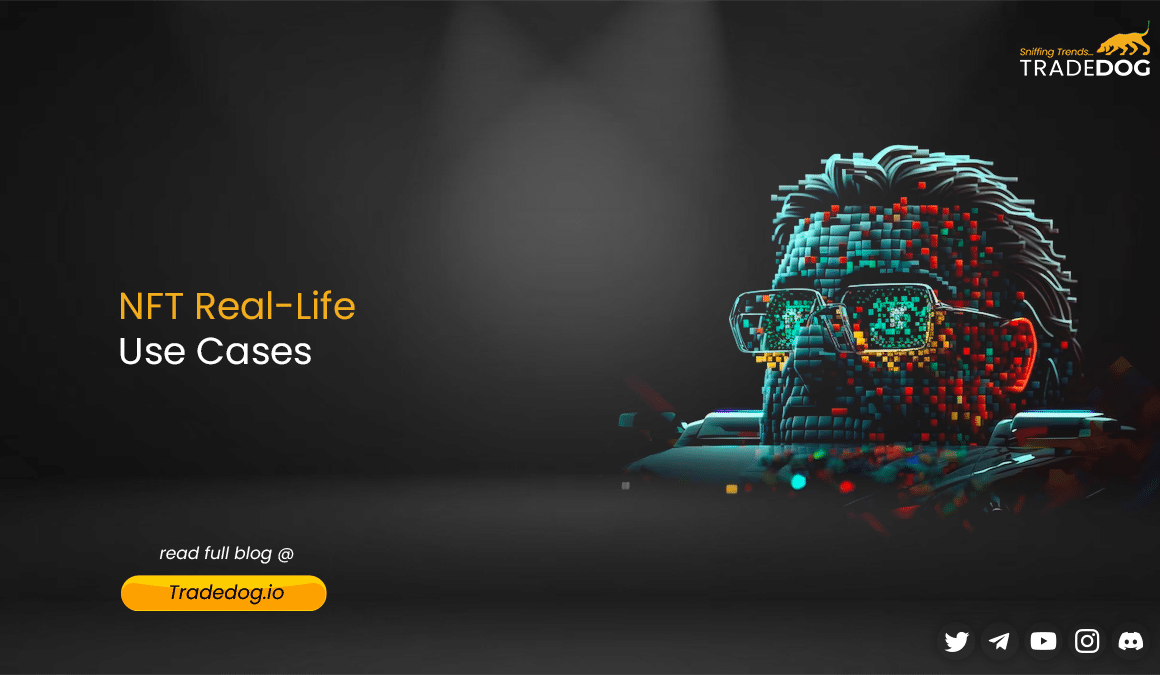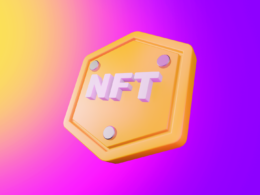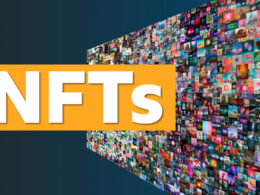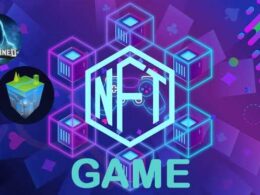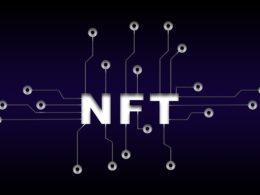Quick Links
Introduction
In recent years, Non-Fungible Tokens (NFTs) have taken the digital world by storm, evolving from a niche blockchain concept to a mainstream phenomenon. However, the true potential of NFTs lies beyond just digital art and collectibles. In this blog, we delve into various real-life use cases of NFTs, illustrating how they are bridging the gap between the digital and physical worlds.
Revolutionizing Art Ownership and Provenance
Digital Art and Beyond: NFTs first gained fame in the art world, offering a revolutionary way for digital artists to sell their work. By tokenizing digital art, artists can maintain ownership rights, receive royalties on future sales, and buyers can prove authenticity. But it’s not just digital art; physical artworks are now being tokenized, offering a secure and transparent way to track provenance and ownership.
Transforming the Music Industry
Tokenized Music and Royalties: Musicians are using NFTs to regain control over their music. By tokenizing albums or singles, artists can directly sell to fans, bypass traditional music industry gatekeepers, and ensure fair compensation. Furthermore, NFTs can be programmed to automatically pay out royalties to all contributors, ensuring equitable revenue distribution.
Innovating in Real Estate
Tokenized Property Rights: Real estate is undergoing a transformation with NFTs. By tokenizing property rights, real estate transactions become more efficient, transparent, and accessible. Fractional ownership through NFTs also opens up investment opportunities in real estate to a wider audience, breaking down financial barriers.
Redefining Ticketing and Event Access
Secure and Unique Event Tickets: The event industry is leveraging NFTs to combat fraud and enhance user experience. Tokenized tickets are unique and verifiable, making them nearly impossible to counterfeit. Additionally, event organizers can integrate exclusive content or experiences, adding more value to the ticket.
Empowering Identity Verification and Credentials
Digital Identities and Certifications: NFTs are being used to represent digital identities and credentials securely. From academic qualifications to professional certifications, tokenized credentials are tamper-proof and easily verifiable, streamlining the validation process for institutions and employers.
Enhancing Gaming and Virtual Realities
Gaming Assets and Virtual Ownership: The gaming industry is embracing NFTs to create unique, ownership-driven experiences. Players can truly own in-game assets, trade them, or even use them across different gaming platforms. This opens up a new economy and level of interaction in virtual worlds.
Pioneering in Fashion and Luxury
Tokenized Fashion Items: Fashion brands are using NFTs to authenticate products and create exclusive digital collections. Consumers can verify the authenticity of luxury goods through tokenized certificates, and digital fashion items can be used in virtual spaces, ushering in a new era of digital fashion.
Conclusion
NFTs are proving to be much more than a passing trend. They are unlocking new possibilities across various industries, from art to real estate, music, and beyond. By bridging the digital and physical worlds, NFTs are paving the way for more secure, efficient, and innovative experiences in our daily lives. As the technology continues to evolve, we can expect even more groundbreaking applications of NFTs in the future.





